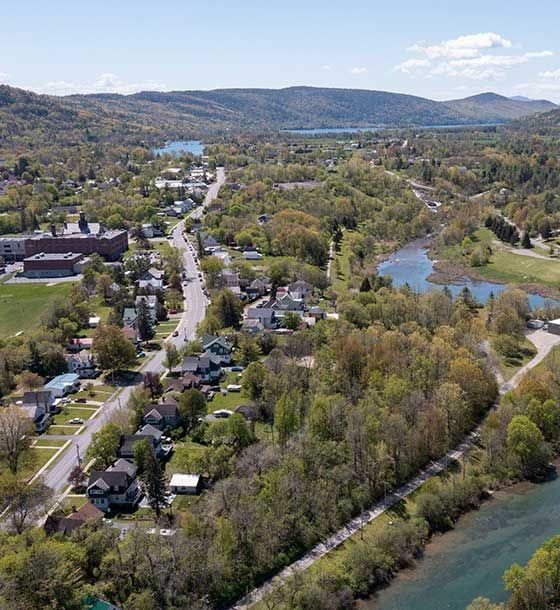Committees
Executive Committee
- John F. Lenhart, Chair
- Carol A. Calabrese
- Jodi J. Gibbs
- Marcy J. Eichen
- Jay P. Wells
Role of the Executive Committee
The executive committee is designed to carry out special assignments of the board and to deal with issues between board meetings.
Personnel Committee
- Marcy J. Eichen, President and CEO, Chair
- Amy M. Manfred, Executive & HR Administrator
- Pamela J. Nolan, Chief Project Officer
- Carol A. Calabrese
- John F. Lenhart
-
Kathleen L. Coffman
Role of the Personnel Committee
The Personnel Committee is available to provide guidance and support to management as it implements employee staffing, and develops draft board performance management and compensation policies.
Budget Committee
- Kye S. Perry, CFO, Chair
- Marcy J. Eichen
- Jodi J. Gibbs
- John F. Lenhart
- Joshua A. Sumner
- Carol A. Calabrese
Role of the Budget Committee
In an effort to ensure the credit union as a whole maintains fiscal responsibility, the Budget Committee reviews, discusses, and approves departmental budgets drafted by management for each fiscal year. The full board sees actual results compared to the budget on a monthly basis.
Building Committee
- Pamela J. Nolan, Chief Project Officer, Chair
- Jay P. Wells
- John F. Lenhart
- Marcy J. Eichen, President & CEO
- Amy M. Manfred, Executive & HR Administrator
- Kye Perry, CFO
Role of the Building Committee
The Building Committee is available to provide guidance and support to management in the maintenance of existing properties and in the analysis and construction of new ones.
Asset Liability/Liquidity/Investment Committee (ALCO)
- Kye S. Perry, Chair
- Pamela J. Nolan, Chief Project Officer
- Joshua A. Sumner
- Marcy Eichen, President & CEO
- John F. Lenhart
- William J. Morse
- Jay P. Wells
-
Erika L. Kuhl, Director of Lending
Role of ALCO
The ALCO is comprised of Directors and TrailNorth staff members. The committee works with and through staff members to establish guidelines and limits for financial decision-making and general operating procedures necessary to maintain the financial integrity of TrailNorth Federal Credit Union. ALCO manages three types of risk, including interest rate risk, credit risk, and liquidity risk in ensuring adequate net worth and long-term financial viability. The ALCO uses a variety of analyses and financial simulation technology to accomplish its mission.
2025 Supervisory Committee
- John Donohue
- Tammy Best
- Karlene I. Gonyeau, Chair
Role of the Supervisory Committee
The supervisory committee is comprised of three board-appointed volunteers who serve as a link between the Board, Leadership Team, and the membership. The committee is charged with ensuring an audit at least annually and verifying the accounts of the members at least once every 2 years. It is also responsible for determining whether the plans and policies established by your board of directors are being properly administered and are sufficient to safeguard members’ assets.
Governance Committee
- John F. Lenhart, Chair
- Marcy J. Eichen, President & CEO
- John F Lenhart
- Pam Nolan
-
Kathleen L. Coffman
-
Carol A. Calabrese
Role of the Governance Committee
The governance committee is responsible for ongoing review and recommendations to enhance the quality and future viability of the board of directors. The work of the committee revolves around the five major areas including board roles and responsibilities, composition, knowledge/education, effectiveness, and leadership
